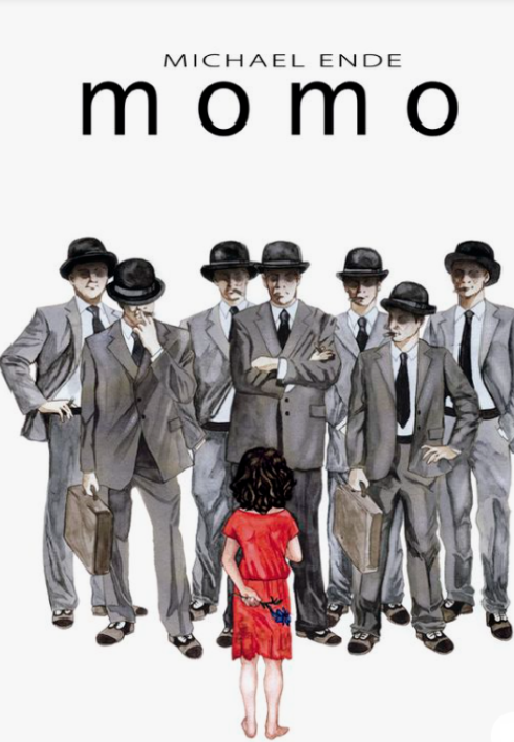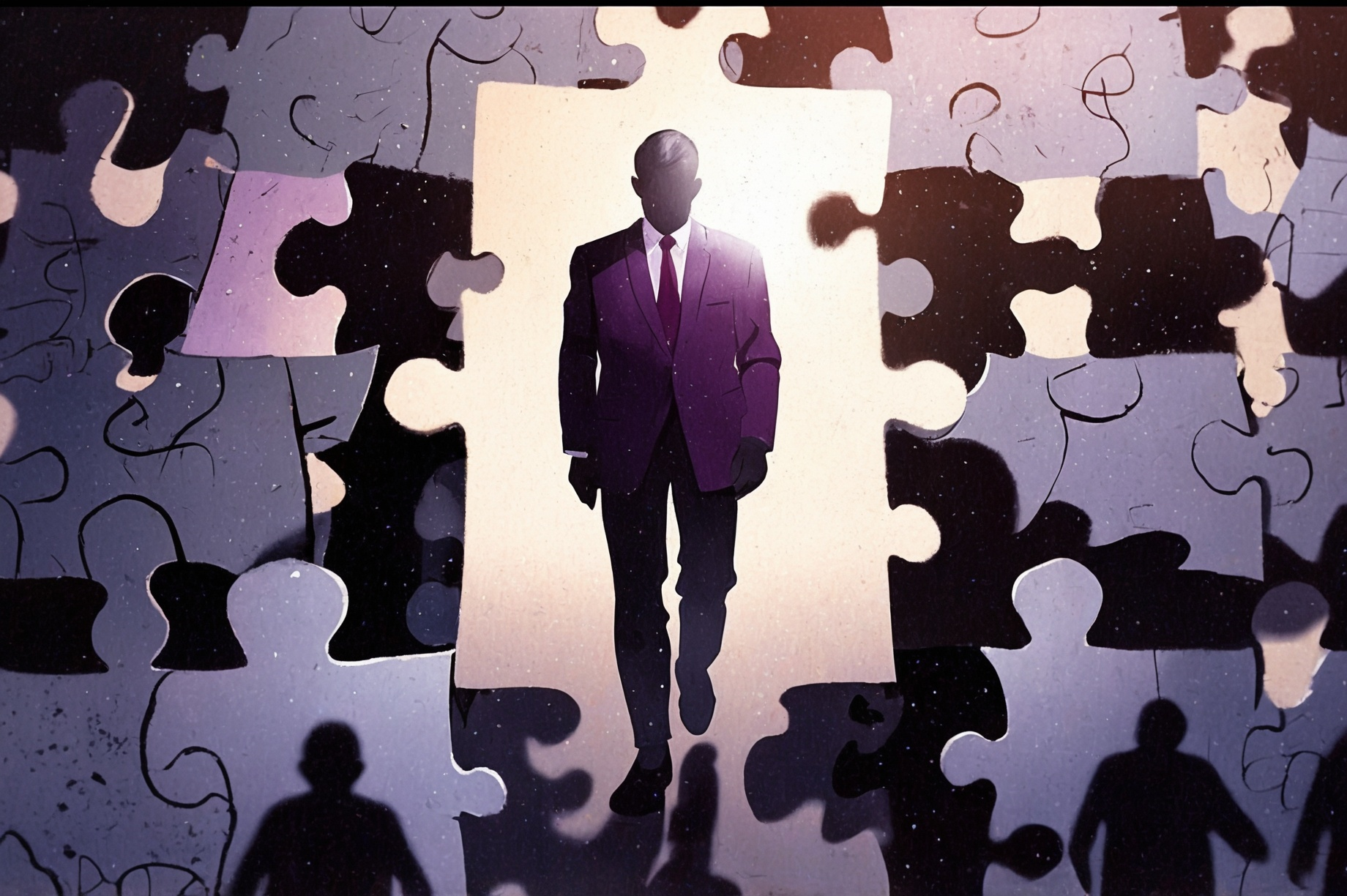In my first week at a new job after having left an organization that I so cherish till today, DP World, one of my dear friends, an international recruiter in the shipping industry, said as I enthusiastically shared the name of my new employer: “Wow…. really?”. Why, I asked? And my heart sunk as I waited impatiently for the answer hoping that I didn’t just make a big mistake. “They’re known for their very tough culture Muriel”. I wasn’t sure what he meant by tough culture at the time, but I quickly blocked it out of my head along with his over 35 years of experience as I wanted to hold on to that excitement for as long as possible to approach my new role positively and apply myself fully.
I stayed in that job for around 5 years and like many companies it had the good, the bad and the ugly. My dear friend was right of course. The good was the people and the bad and ugly were the culture which was so much tougher than most. Having made up my mind to leave, I started attending interviews one of which was with a large global organization. I was interviewed by their Head of HR and when I asked the recruiter why I was not selected, she replied that the hiring manager thought I was too soft. “Too soft!!!!”. I didn’t get any clarification as to how she was able to make that determination but what I thought was most unfortunate was that judgement came from another woman.
In the pursuit of success in business or the Corporate world, women may find that they need to put on a dominant persona in the morning along with their pants suits in order not to be perceived as weak or even worse, the 4 too’s; too nice, too soft, too emotional, and too sensitive. In other words, you need to fit in and man up. It reminds me of the cover of Momo by Michael Ende which I received on my 13th birthday also known as the Grey Gentlemen or The Men in Grey. The cover had an illustration of the little girl Momo in color and men in grey suits in the background. Often men and women with outstanding performance may be overlooked for promotions because they’re “not corporate enough” – a comment actually made by the CEO to a high performing male senior colleague in that same organization. For men, it can be about toeing the Corporate line and adopting the Corporate identity for better or worse, rightly or wrongly. Anything to the contrary may be greatly career limiting.

Women are required to demonstrate strength and toughness, often confused with dominance. We often feel pressured to endorse that misconception or act contrary to our natures to be allowed access through the golden gates to partake in economic contribution to society and its progress. Yet our generation of women has not had as much to endure as the baby boomers who paved the way for radical social change globally and in the Middle East, thanks to those who chose to break the mould of limiting gender roles and career options not extending beyond nursing, teaching, and sewing. Even in certain parts of the Middle East today, working in an office is considered entirely socially unacceptable.
A lot has changed since then, but how much has changed and is it to a degree that is sufficient to keep up with where the world is heading now? Do women today have access to opportunities that they deserve? In her research paper, Women’s Careers In The Arab Middle East, Understanding Institutional Constraints To The Boundaryless Career View, Fida Afiouni references “Karam and Afiouni (2013) that the prevailing gender ideology present in the region poses a threat toward the advancement of women in the workplace. Women mainly adhere to positions which are contextually acceptable, as their employment revolves around the health, education and social care sector (Metcalfe, 2008; Hutchings et al., 2012) with most women occupying lower levels roles (Metcalfe, 2008).”
Our patriarchal system means at times that the father or husband needs to approve of a new employer or wait in the hall outside while an interview is taking place. I wonder how we can thrive and prosper as a cohesive society when all its members are not fully engaged, occupied, or contributing daily to its progress with the freedoms that this entails.
The tyranny of conformity which many of us are subjected to in our homes to be accepted by our families and spouses, in society at large to be accepted by our neighbors and as respected members of our communities, or various business cultures to be accepted by our bosses and colleagues and not be denied access to success with its ever-elusive definition.
Adding to our woes is a declining quality of education, the lack of skills required in the job market today, learning how to use and build on one’s own natural capabilities and talents, developing one’s own value system and judgment capabilities. The Jordan National Committee for Human Resource Development (HRD) reported in their EDUCATION FOR PROSPERITY: DELIVERING RESULTS, A National Strategy for Human Resource Development, 2016 – 2025 “Over many years the progress of education in Jordan exceeded other countries in the region, in both quality and quantity. Over recent years, however, that progress has stalled, and our education system is no longer producing the results the Kingdom needs. Whether judged by enrolment and progression rates, the results achieved in school examinations, or the employment and employability of those graduating or leaving education, the system is failing to meet expectations.”
The Jordan Economic Monitor – Spring 2020: Weathering the Storm. Washington, D.C.: World Bank Group reports: “Despite of the general declining trend in the female unemployment rate since Q2–2017, the female unemployment rate in 2019 was still 10 percent higher than male unemployment rate. Moreover, those women who do work tend to work in certain sectors (education, health and services, especially in the public sector) and earn less than men do for comparable jobs. This combination of high unemployment and lower pay likely discourages some women from seeking work at all, which partially explains declining unemployment and labor force participation rates for females.”
I was fortunate to have had inspiring role models, mentors, and teachers, young and old, men and women and most importantly a mother who chose to be a journalist at the age of 23 – an archetypical mould breaker. Yet I chose to develop characteristics starkly opposed to my nature and embrace pragmatism to avoid constantly having to clarify the difference between soft and soft-spoken.
My dear friend Elif Aydin Cinar however, refused to allow her personal identity to dissolve against that mindset. As the eternal idealist and optimist, she believes that strength comes from being a peaceful warrior, being fearless to express yourself whereas I have just recently found my own voice, although nothing stood in my way but my own self.
She’s an architect and designer who aims at inspiring others to give free rein to their imaginations where one can get away from the here and now and travel beyond reality. She writes: “the limitation of concrete situations in life can be exhausting which can lead to a routine that kills the soul over the years in our ‘modern’ world. Feminine energy should therefore be poured into a woman’s professional life to beautify the world and what we produce in our daily lives. It is one of our most valuable contributions”.
Whether she’s designing a space, an object, or weaving a story where all of the elements come together from the same source, her imagination is critical to that process. In Elif’s opinion, designing a space is not only about providing for functional requirements or building walls. The design needs to reflect the user’s psychology, it needs to be coherent with one’s individual tastes and behaviors. She believes that this is an important responsibility that each designer should be conscious of. Her work reveals traces of how she explored joy in her childhood; playing around and moulding clay in her uncle’s little workshop at the age of 6, telling her parents stories from her imagination of faraway places she visited and the magical characters she met along the way. This part of her enabled her to thrive along with her architectural education and her design process. Her imagination, she says, allows her to break free from all limitations that life imposes. She believes we are here to leave a meaningful mark. This is not an unachievable task but a mindful and purposeful one. She believes that we need to inspire each other and grow together.
It may seem that the only choice available to us is between the type of chains we tie ourselves down with. The fact is however that there is a second option which often feels so far-fetched to the point that it can be invisible; Choosing none. Humans are born free. It’s a God-given laissez passer handed to us as we awaited arrival into this world, but we need to make the decision to free ourselves from the need for approval.
Socrates said, “the secret of change is to focus all of your energy not on fighting the old, but on building the new”. The new is about accepting ourselves for who we are and each other even if we are not grey but purple. One only turns grey, blending into the dull backdrop, when that little flickering flame of individuality inside is doused along with the hope for a better life that closely resembles the person within.
“Your playing small does not serve the world. There’s nothing enlightened about shrinking so that other people won’t feel insecure around you. We were born to make manifest the glory of God that is within us. It’s not just in some of us; it’s in everyone. And as we let our own light shine, we unconsciously give other people permission to do the same. As we are liberated from our own fear, our presence automatically liberates others.” Marianne Williamson.


